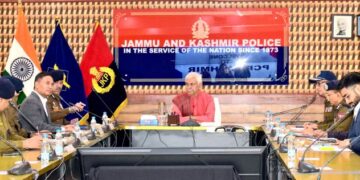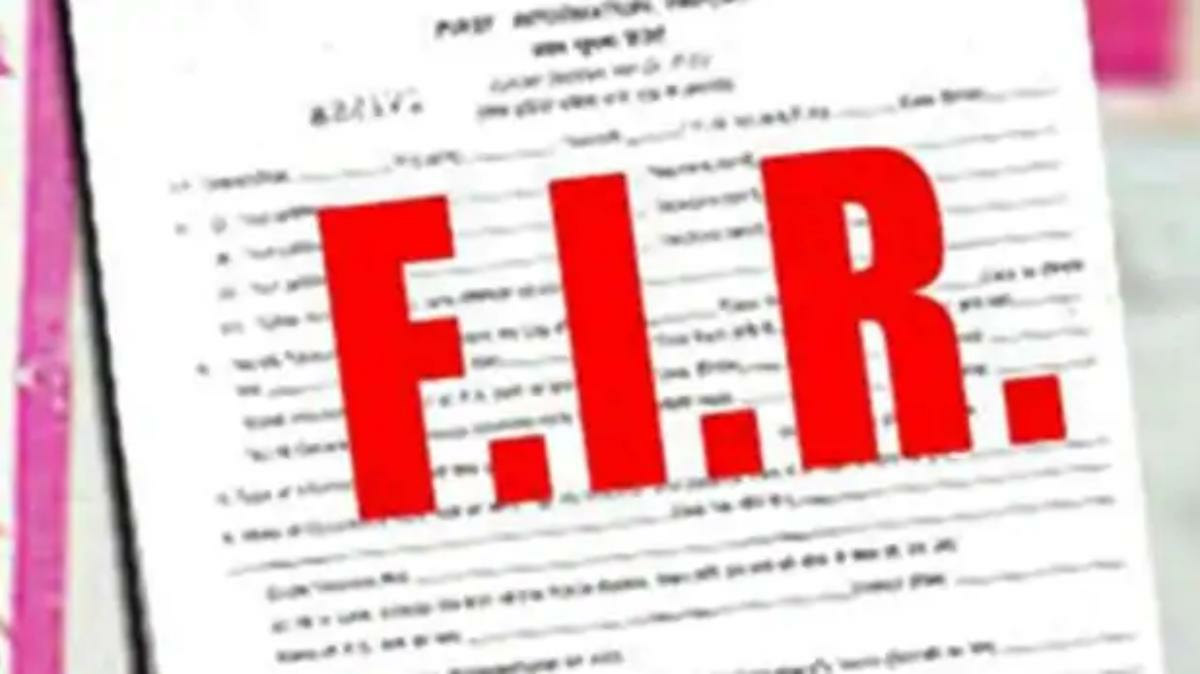Srinagar: The J&K High Court on Monday held that in cases involving the question of jurisdiction, the suits cannot be thrown overboard lock, stock and barrel without affording an opportunity to the plaintiff to establish the case.
This observation was made by the bench of Justice Rajesh Sekhri in a case seeking finality of a single divorce after three months as per Islamic practices from the Court of Principal Judge Family Court Srinagar.
In the suit titled Jahangir Iqbal Tantray vs. Farmeeda Akhtar, the Family (trial) court had returned the suit saying that the court had no jurisdiction over the matter as both the litigants were originally residents of Jammu province. However, Tantray pleaded that both were working in Srinagar over a period of time and had also purchased some properties in the town.
Tantray also sought a decree that the respondent lady has no right or claim in the landed property measuring 21 Marlas bearing situate at HabakKhushki, Srinagar, purchased by him in 2013.
He also questioned the Family court order on the ground that the parties to the suit are living at Hazratbal Srinagar and their marital dispute also arose in the city.
He said the divorce was also pronounced and communicated upon the respondent lady and the property in question also falls within the territorial jurisdiction of the learned trial court. The order of the court is “per se illegal, arbitrary, perverse and perfunctory”.
Justice Sekhri held “the refusal of jurisdiction, rejection of plaint or return thereof by a civil court to entertain civil causes should not be easily inferred unless the appropriate law contains express terms to that effect or points to a significant and inevitable implication of nature”.
He said it was incumbent upon trial court to have issued summons to the defendant, particularly because the respondent/defendant had not appeared at the time of presentation of the plaint and did not admit the claim of the appellant/plaintiff.
He also advised that at the stage of admission of a suit, it is only to be seen as to whether it has been duly instituted or not. The recitals (statements) contained in the plaint are to be taken by way of demurrer and they can only be proved or disproved through evidence based on issues that may be struck.
The obligation to dismiss a suit at the threshold or return a plaint for want of jurisdiction arises only when it is a pure issue of law. The issue of jurisdiction, depending on the question of fact or mixed question of law and fact must be decided on merits, Justice Sekhri said.
He asked the courts not endeavor to hand out hasty decisions saying the order of rejection of the suit by the Family Court is devoid of merit and accordingly is set aside.
He said the courts, while endeavoring to deliver speedy justice, must never deny justice in overzealousness to dispose of cases. He accordingly directed the Family court to entertain the suit of the man and proceed with the trial of the case in accordance with law.








